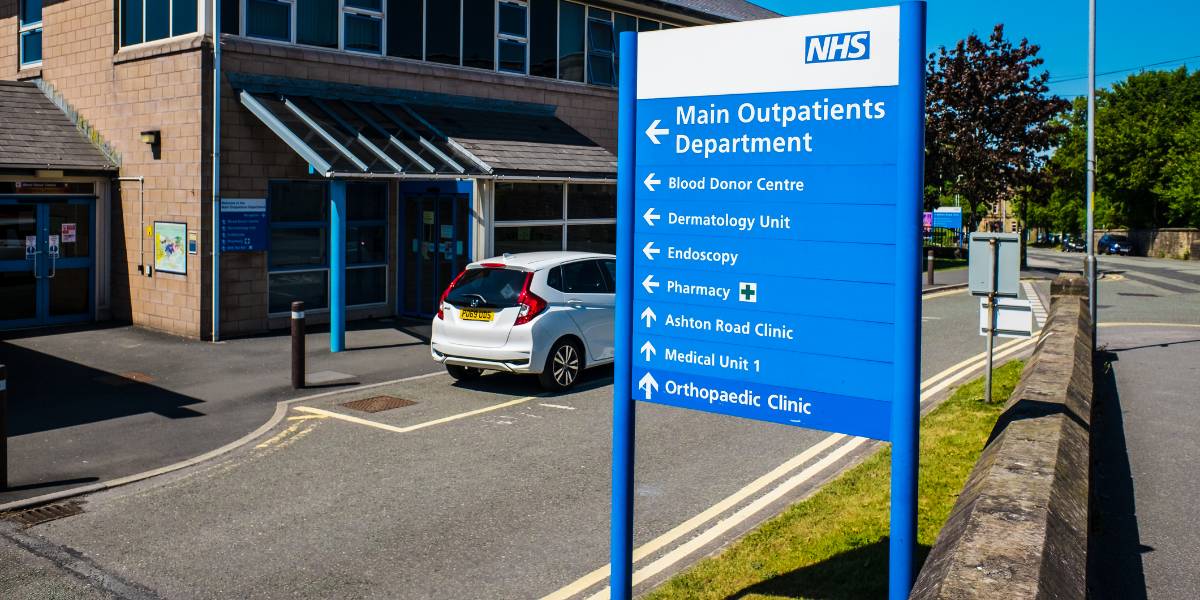A group of people with heart failure have seen their condition spontaneously improve, offering hope for future treatment pathways.
After reports that their symptoms had improved, medical tests were carried out on three men aged 68, 76 and 82 who had suffered heart failure due to cardiac amyloidosis, a potentially fatal condition which occurs when a build-up of toxic proteins stops the heart working properly.
The tests revealed that some of these toxic proteins had gone, and that the patients’ heart functioning appeared to be improving.
- Moderate drinking linked to reduced risk of heart disease
- Women advised to check blood pressure due to risk of heart disease and stroke
Importantly, the research team from University College London and the Royal Free Hospital also found signs of antibodies believed to have targeted these proteins specifically. These antibodies were not seen in other patients with cardiac amyloidosis, whose condition progressed in the normal way.
The findings have given hope that new treatments could be developed to treat cardiac amyloidosis.
Lead author Professor Marianna Fontana, from UCL Division of Medicine, said: “We have seen for the first time that the heart can get better with this disease.
“That has not been known until now and it raises the bar for what might be possible with new treatments.”
The study was prompted after one of the men reported that his symptoms were improving. This led researchers to examine the records of 1,663 patients with cardiac amyloidosis, which revealed two more cases where symptoms had improved.
They looked at a particular type of the condition which is triggered by the build-up of a blood protein called transthyretin (TTR). This variation is known in the UK as ATTR-CM.
Through their research, the team found the three patients had antibodies that bound to ATTR amyloid deposits in lab tests.
- Young women had increased risk of death from heart issues after AstraZeneca COVID vaccination
- Weight loss linked to reduced risk of type 2 diabetes and heart attacks
Employing these antibodies could potentially help to reduce these toxic proteins, resulting in the heart recovering, the researchers said.
Professor Julian Gillmore, of UCL Division of Medicine, is leading an investigation into gene-editing therapy that could prevent cardiac amyloidosis from progressing. Early results of the trial are promising, the team has said.
Prof Gillmore said: “Whether these antibodies caused the patients’ recovery is not conclusively proven.
“However, our data indicates that this is highly likely and there is potential for such antibodies to be recreated in a lab and used as a therapy.
“We are currently investigating this further, although this research remains at a preliminary stage.”
Jon Spiers, Chief Executive of the Royal Free Charity which supported the study, said: “This work not only represents a major breakthrough in our understanding of cardiac amyloidosis, but crucially opens up new possibilities for more effective treatment options.”




